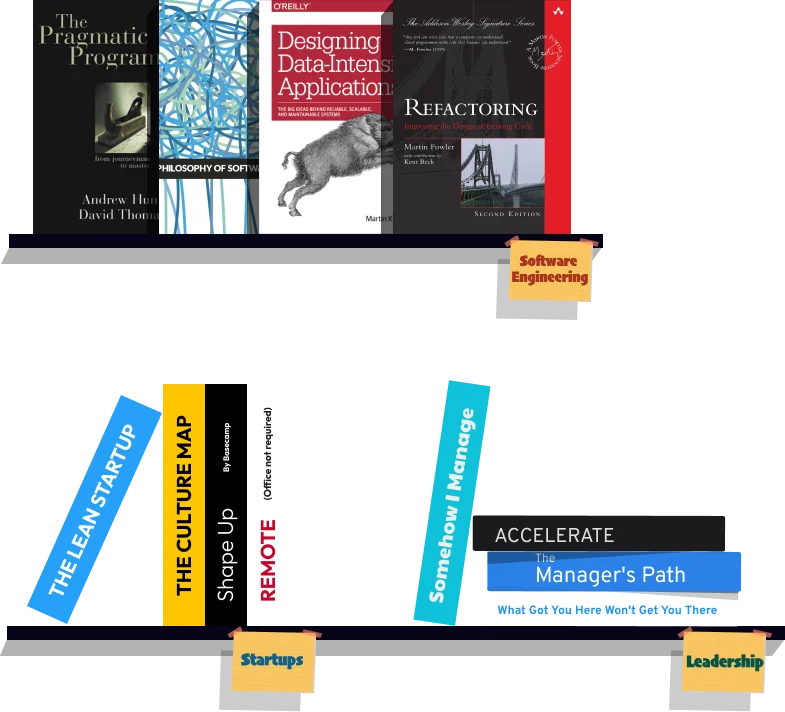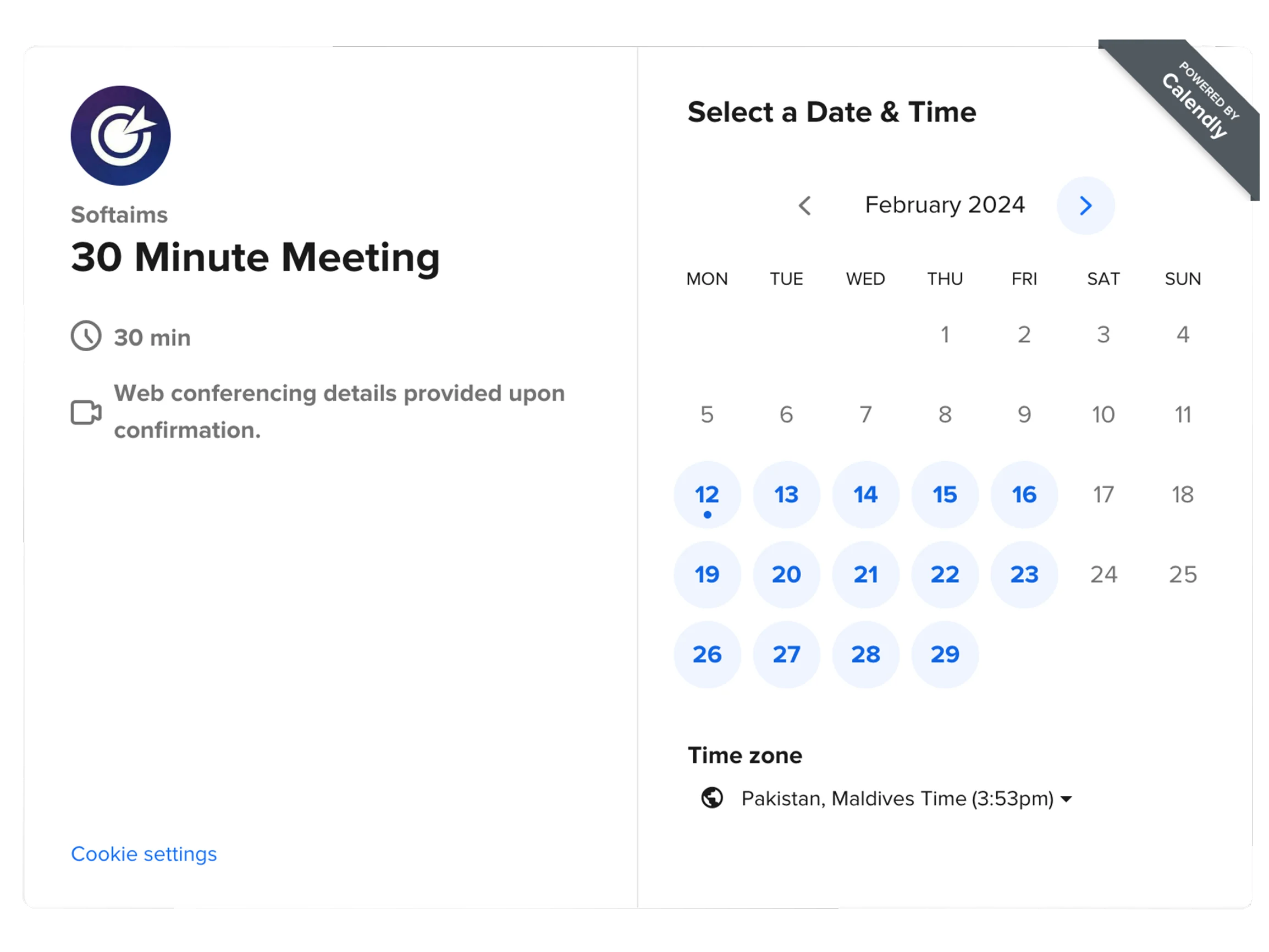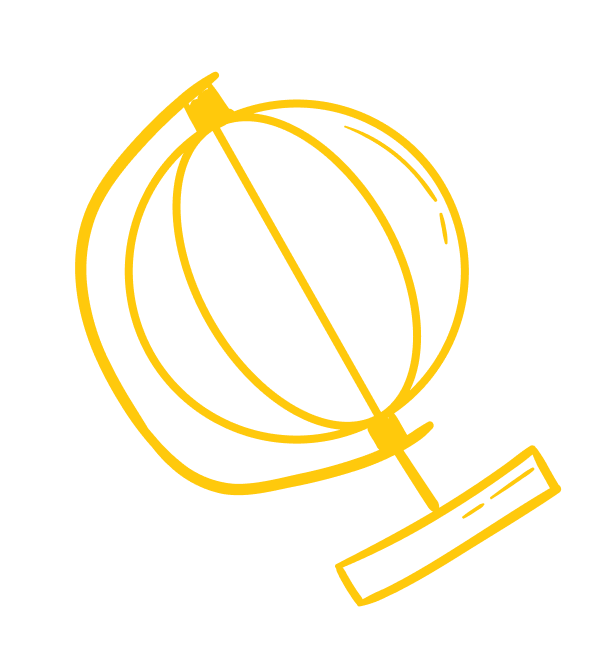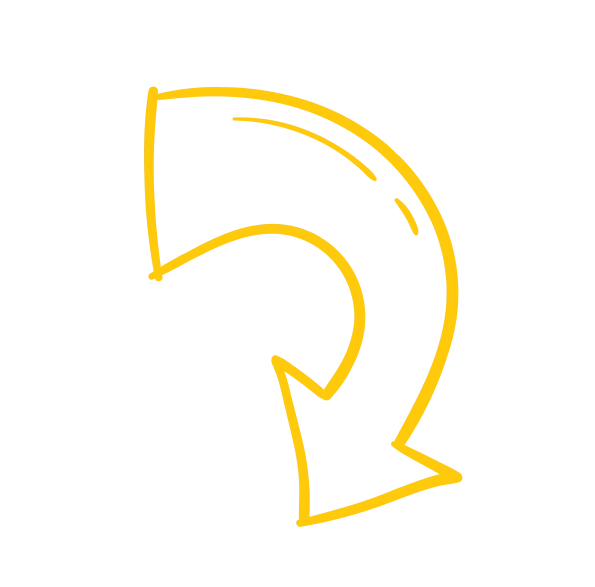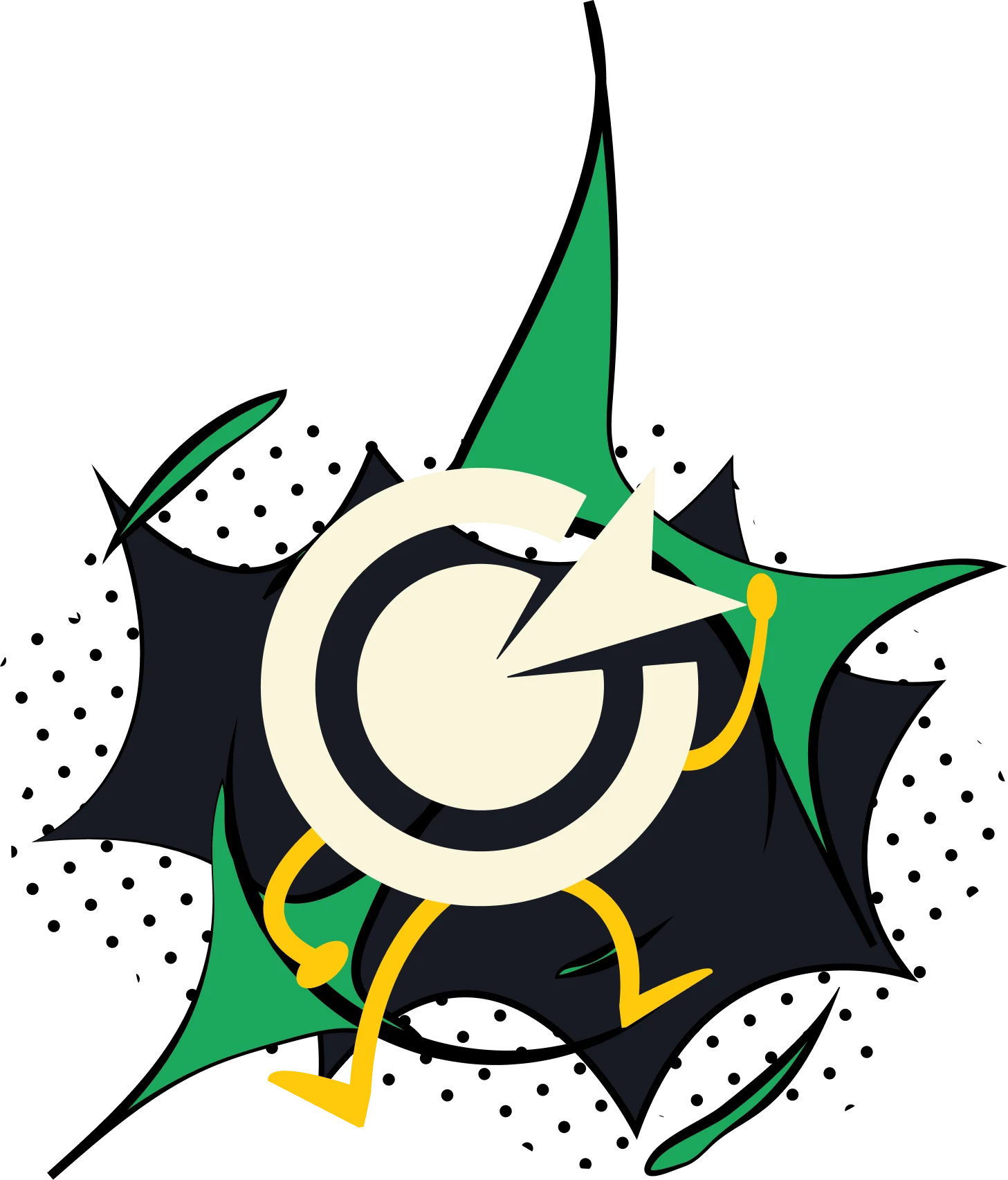The Power of Cross-Platform with Flutter
A Flutter developer is a specialized mobile or multi-platform engineer who uses Google's powerful UI toolkit to build beautiful, natively compiled applications for mobile, web, and desktop from a single codebase. They leverage the expressive power of the Dart language to create fast, fluid, and highly customized user experiences.
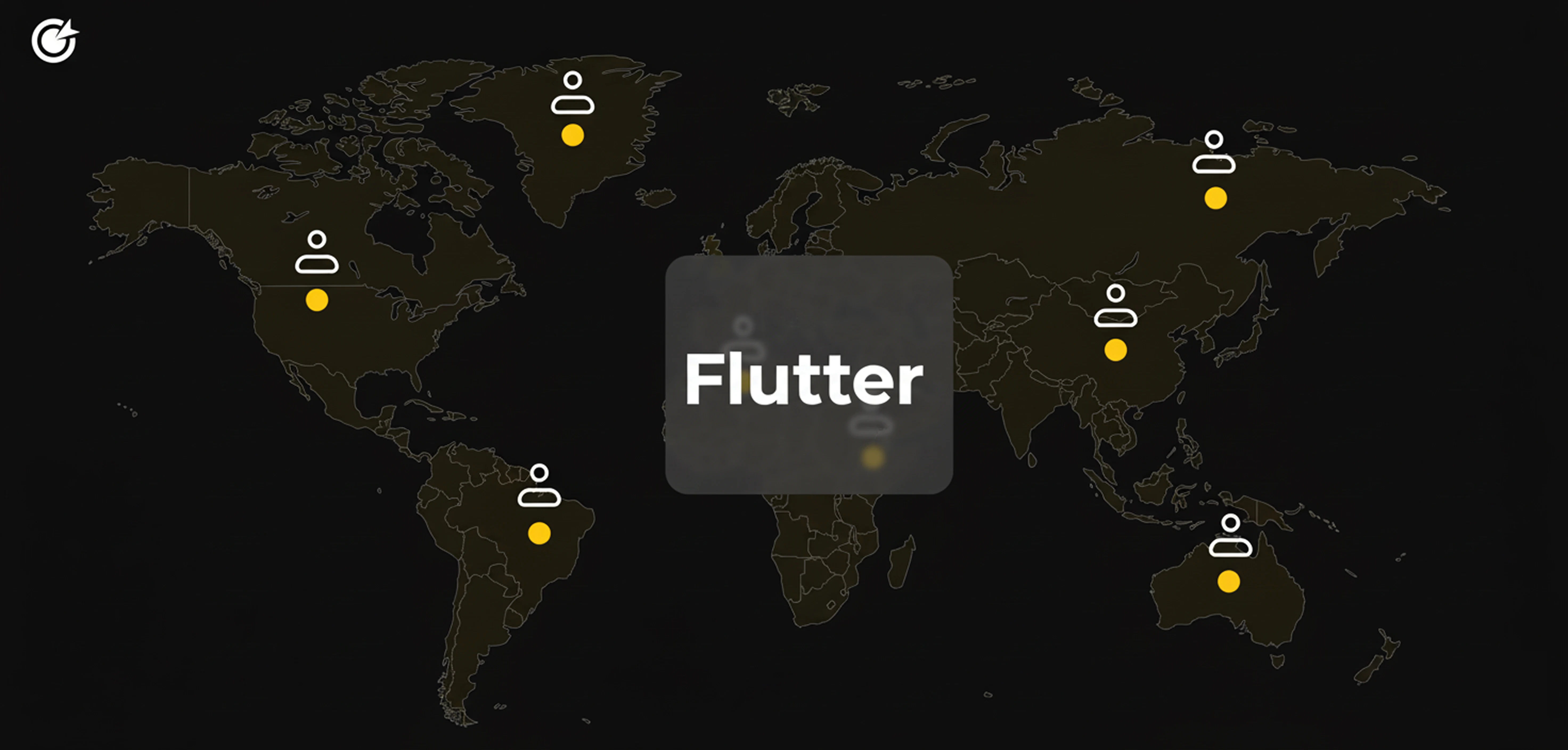
Hiring a Flutter developer means investing in a modern, highly productive, and "write once, run anywhere" development paradigm. Their expertise is crucial for companies that want to reach a wide audience on both iOS and Android with a consistent brand experience, while dramatically reducing development time and cost compared to building two separate native apps.
Expertise in The Dart Language
First and foremost, a Flutter developer must be an expert in the Dart programming language. A deep and practical understanding of Dart's features is an absolute prerequisite. This includes a mastery of its strong type system, its modern null safety features, and its object-oriented and functional programming capabilities.
They must have a solid grasp of asynchronous programming in Dart using Futures and Streams, along with the modern async/await syntax. This is essential for handling tasks like network requests without blocking the UI thread. A developer who can write clean, concise, and safe Dart code is a developer who can build a high-quality Flutter application.
Everything is a Widget
The core philosophy of Flutter is that the entire UI is built from a tree of widgets. A proficient candidate must have a deep, intuitive understanding of this "everything is a widget" paradigm. They need to be experts at composing a complex user interface by combining Flutter's rich library of pre-built widgets for layout, styling, and interaction.
They must be able to clearly explain the difference between a StatelessWidget and a StatefulWidget and know when to use each. Mastery of core layout widgets like Row, Column, Stack, and Container is a fundamental skill for building any non-trivial UI in Flutter.
State Management Strategies
For any application beyond a simple "hello world," managing state is a critical challenge. A top-tier Flutter developer must be proficient in at least one of the popular state management approaches. While Flutter's built-in tools like setState are suitable for local widget state, a global solution is needed for shared application state.
Experience with a major state management library like Bloc or Riverpod is a key skill. A developer should be able to design a predictable and scalable state architecture that separates the business logic from the UI, which is crucial for building a maintainable and testable application.
Asynchronous Programming and API Integration
Modern mobile apps are data-driven and need to communicate with backend services. A Flutter developer must be an expert at handling asynchronous operations to fetch and submit data from APIs. This requires a mastery of making HTTP requests using a library like http or the more powerful Dio package.
They should be skilled at parsing JSON data into Dart objects and handling the entire data-fetching lifecycle within the app's state, including managing loading and error states. For real-time applications, experience with WebSockets or a Backend-as-a-Service like Firebase is also highly valuable.
Navigation and Routing
Creating a seamless navigation experience is essential for a good user experience. A skilled Flutter developer must be proficient with a robust routing solution. While Flutter's built-in Navigator 1.0 is suitable for simple apps, most complex applications require a more advanced solution like the Navigator 2.0 API or a package that simplifies it, such as go_router.
They should be able to define routes, handle deep linking to open the app at a specific screen, and pass data between different pages. A solid grasp of navigation is fundamental to structuring the flow of a multi-screen application.
Platform Integration and Native Modules
While Flutter allows you to write most of your code once, sometimes you need to access platform-specific native APIs. An experienced developer should understand how to use platform channels to communicate between their Dart code and native code written in Swift/Objective-C for iOS or Kotlin/Java for Android.
While they don't need to be expert native developers themselves, they should be able to confidently integrate a third-party plugin that contains native code and troubleshoot any platform-specific issues that may arise. This skill is crucial for building apps that require features like access to a specific sensor or a native SDK.
Testing a Flutter Application
A commitment to quality is demonstrated by a strong testing discipline. Flutter has excellent, built-in support for automated testing, and a professional developer must be experienced in writing a comprehensive test suite. This includes the three main types of tests in the Flutter world.
They must be skilled at writing unit tests for their business logic, widget tests to verify the behavior of individual UI components, and integration tests to ensure that key user flows work correctly from end to end. A developer who writes thorough tests is a developer who builds a more reliable and maintainable application.
Performance Optimization
Flutter is known for its high performance, but a skilled developer must know how to maintain that performance as an application grows in complexity. They should be familiar with the tools for diagnosing performance issues, particularly the Flutter DevTools suite for profiling CPU, memory, and rendering performance.
They need to understand common performance best practices, such as minimizing the use of expensive operations in build methods, correctly using widgets like ListView.builder for long lists, and understanding how to avoid "jank" (dropped frames) to ensure a smooth 60 or 120 fps user experience.
The Flutter and Dart Ecosystem
A proficient Flutter developer is an expert navigator of the broader ecosystem. They must be highly skilled at finding, evaluating, and integrating third-party packages from pub.dev, the official package repository for Dart and Flutter. This is essential for avoiding the need to reinvent the wheel and for accelerating the development process.
They should be comfortable with the command-line tooling for managing their project (e.g., flutter pub get) and for building and running their application on different devices. A deep familiarity with the ecosystem is a key part of the professional Flutter workflow.
How Much Does It Cost to Hire a Flutter Developer
The cost to hire a Flutter developer is competitive, reflecting the framework's growing popularity and its ability to deliver high-quality apps for two platforms with a single codebase. The salary is influenced by their geographic location, overall years of mobile development experience, and a portfolio of apps successfully published to the App Store and Google Play.
Tech hubs in North America and Western Europe typically have the highest salary ranges. The following table provides an estimated average annual salary for a mid-level Flutter developer to illustrate these global differences.
| Country |
Average Annual Salary (USD) |
| United States |
$130,000 |
| United Kingdom |
$85,000 |
| Germany |
$82,000 |
| Canada |
$98,000 |
| Australia |
$95,000 |
| Poland |
$58,000 |
| Ukraine |
$54,000 |
| India |
$38,000 |
| Brazil |
$48,000 |
| Netherlands |
$88,000 |
When to Hire Dedicated Flutter Developers Versus Freelance Flutter Developers
Hiring a dedicated, full-time Flutter developer is the best choice for building a core, long-term mobile application that is central to your business. A dedicated developer can take ownership of the app's architecture, manage its evolution over time, and ensure a consistent and high-quality experience as new features and OS versions are released.
Hiring a freelance Flutter developer is a more tactical decision, ideal for specific, well-defined projects. This is a perfect model for building a Minimum Viable Product (MVP) to test a new idea, creating a simple app for an event, or getting expert help to build a specific feature. Freelancers offer incredible speed and flexibility for projects with a clear scope.
Why Do Companies Hire Flutter Developers
Companies hire Flutter developers primarily for efficiency and consistency. The ability to build a single application that runs on both iOS and Android from one codebase can nearly halve the development time and cost compared to building two separate native apps. This allows a smaller team to have a bigger impact and get to market much faster.
Furthermore, Flutter is renowned for its excellent developer experience and its ability to create beautiful, highly customized, and high-performance user interfaces. Its "hot reload" feature allows for incredibly fast iteration cycles, and its ownership of the entire rendering pipeline means developers can create a consistent brand experience that looks and feels the same on every platform.
In conclusion, hiring a top-tier Flutter developer requires finding a candidate who has a deep mastery of the Dart language and has fully embraced the declarative, widget-based paradigm of the Flutter framework. The ideal professional will combine their expertise in building beautiful UIs with a disciplined approach to state management, testing, and performance optimization. By prioritizing these skills, organizations can build powerful teams capable of delivering high-quality, truly native experiences to a broad audience with unparalleled speed and efficiency.
















